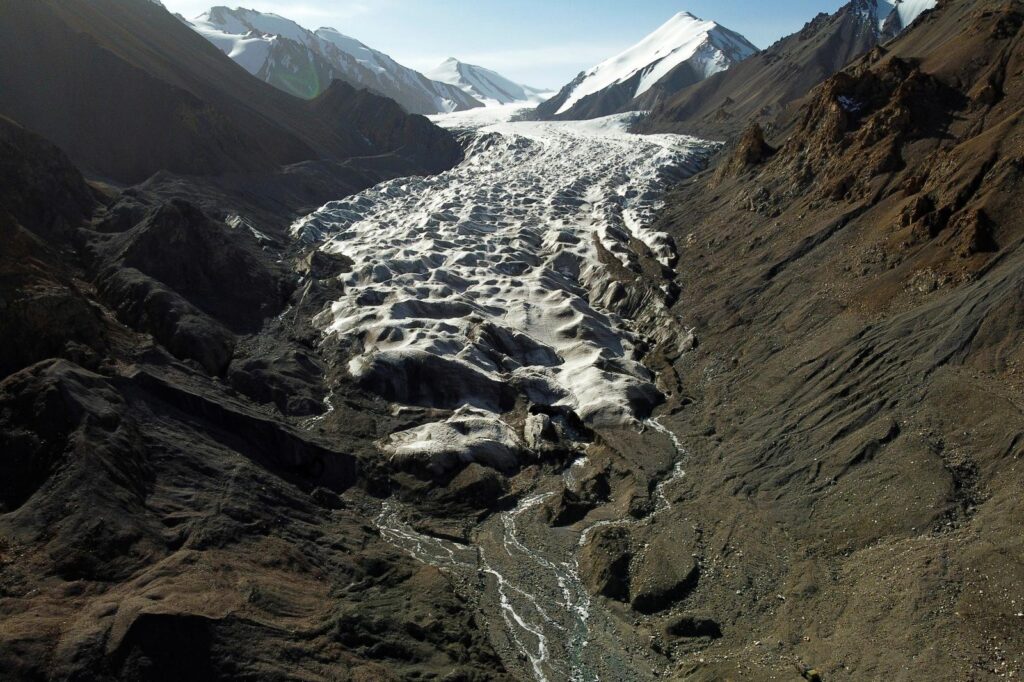Humans Have Driven Earth’s Freshwater Cycle Out Of Stable State: Study
Mar 10, 2024 | Pratirodh Bureau
Human pressures, such as dam construction, large-scale irrigation and global warming, have altered freshwater resources to such an extent that their capacity to regulate vital ecological and climatic processes is at risk
Human activity has pushed the Earth’s freshwater resources far beyond the stable conditions that prevailed before industrialisation, a study has found.
The findings, published in the journal Nature Water, show that the updated planetary boundary for freshwater change was surpassed by the mid-twentieth century.
This is the first time that global water cycle change has been assessed over such a long timescale with an appropriate reference baseline, the researchers said.
Human pressures, such as dam construction, large-scale irrigation and global warming, have altered freshwater resources to such an extent that their capacity to regulate vital ecological and climatic processes is at risk, they said.
The international team calculated monthly streamflow and soil moisture at a spatial resolution of roughly 50×50 kilometers using data from hydrological models that combine all major human impacts on the freshwater cycle.
The researchers determined the conditions during the pre-industrial period (1661-1860). They then compared the industrial period (1861-2005) against this baseline.
The analysis showed an increase in the frequency of exceptionally dry or wet conditions — deviations in streamflow and soil moisture.
Dry and wet deviations have consistently occurred over substantially larger areas since the early 20th century than during the pre-industrial period, the researchers said.
Overall, the global land area experiencing deviations has nearly doubled compared with pre-industrial conditions, they said.
“We found that exceptional conditions are now much more frequent and widespread than before, clearly demonstrating how human actions have changed the state of the global freshwater cycle,” said Vili Virkki, a doctoral researcher at Aalto University in Finland, and one of the lead authors of the paper.
Because the analysis was done at a high spatial and temporal resolution, the researchers could explore geographical differences in the deviations.
Exceptionally dry streamflow and soil moisture conditions became more frequent in many tropical and subtropical regions, while many boreal and temperate regions saw an increase in exceptionally wet conditions, especially in terms of soil moisture.
These patterns match changes seen in water availability due to climate change.
There were more complex patterns in many regions with a long history of human land use and agriculture, the researchers said.
For example, the Nile, Indus and Mississippi river basins have experienced exceptionally dry streamflow and wet soil moisture conditions, indicating changes driven by irrigation, they said.
“Using a method that’s consistent and comparable across hydrological variables and geographical scales is crucial for understanding the biophysical processes and human actions that drive the changes we are seeing in freshwater,” said Miina Porkka, who co-led the study at Aalto before moving to the University of Eastern Finland.
With this comprehensive view of the changes in streamflow and soil moisture, researchers are better equipped to investigate the causes and consequences of the changes in the freshwater cycle.
“Understanding these dynamics in greater detail could help guide policies to mitigate the resulting harm — but our immediate priority should be to decrease human-driven pressures on freshwater systems, which are vital to life on Earth,” said Aalto’s Associate Professor Matti Kummu, senior author of the study.
